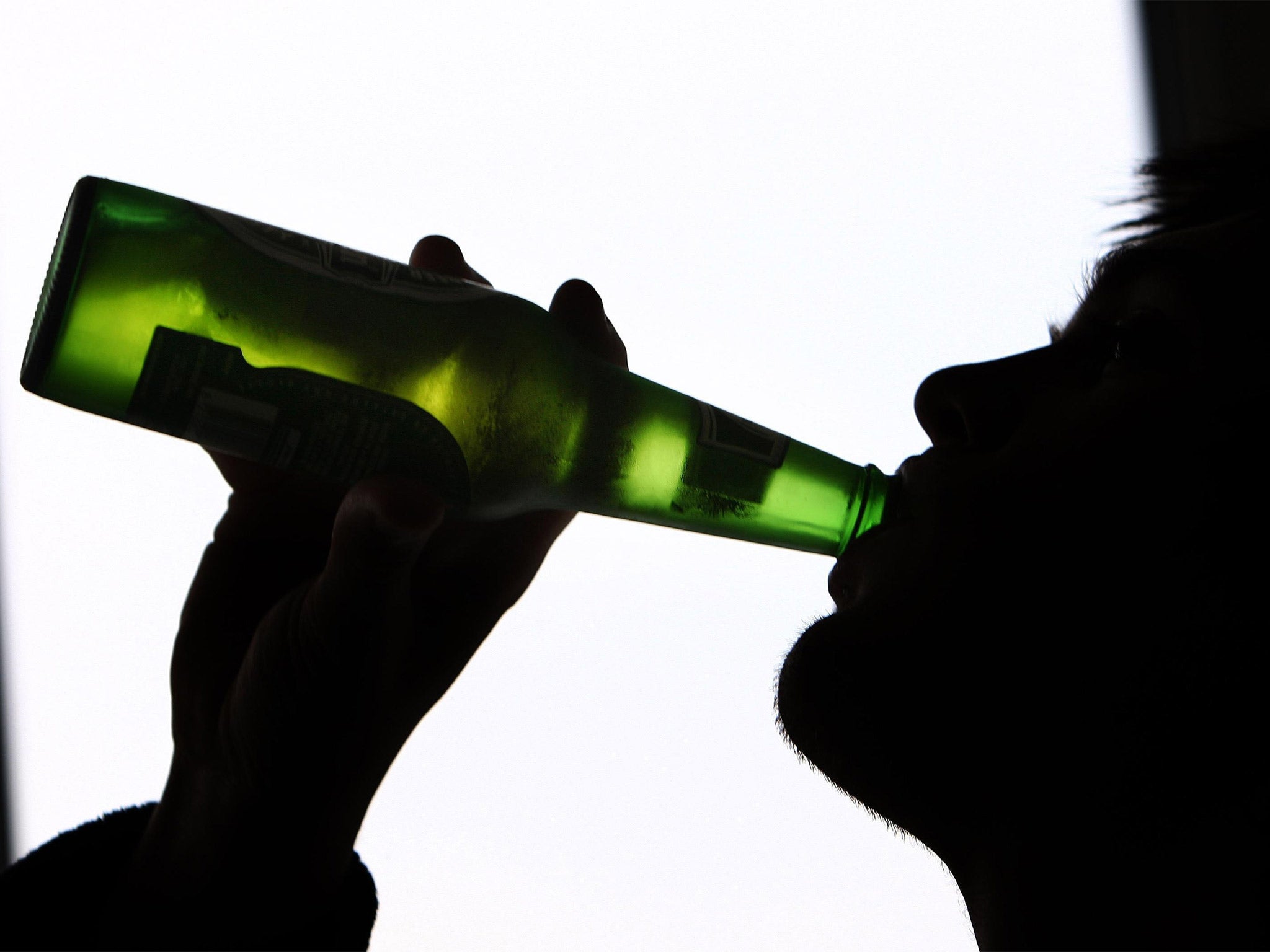Alcohol price increases in Scotland will be unlawful, says EU court
The European Court of Justice said that without evidence that alternative measures were less effective, fixing unit prices could infringe free trade laws

Your support helps us to tell the story
From reproductive rights to climate change to Big Tech, The Independent is on the ground when the story is developing. Whether it's investigating the financials of Elon Musk's pro-Trump PAC or producing our latest documentary, 'The A Word', which shines a light on the American women fighting for reproductive rights, we know how important it is to parse out the facts from the messaging.
At such a critical moment in US history, we need reporters on the ground. Your donation allows us to keep sending journalists to speak to both sides of the story.
The Independent is trusted by Americans across the entire political spectrum. And unlike many other quality news outlets, we choose not to lock Americans out of our reporting and analysis with paywalls. We believe quality journalism should be available to everyone, paid for by those who can afford it.
Your support makes all the difference.Raising the minimum price of alcohol to 50p a unit in Scotland will be unlawful unless the Government can prove it is more effective than hiking taxes, Europe’s highest court has said.
In an initial ruling claimed as a victory by both sides in the lengthy legal battle over the policy, the advocate general of the European Court of Justice (ECJ) said that without evidence that alternative measures were less effective, fixing unit prices could infringe free trade laws.
However, First Minster Nicola Sturgeon welcomed the ruling, which she said meant minimum unit pricing was not “per se precluded by law”.
The measure was first passed by the Scottish Parliament more than three years ago, but has been fiercely challenged by the drink’s industry, who claim it would unfairly target moderate drinkers.
A legal challenge was initially thrown out in the Scottish courts in 2013, but the case was referred to the European court last year.
The Scotch Whisky Association, which has led resistance to the policy, said that advocate general Yves Bot’s ruling “encourages us in our long-held view that minimum unit pricing is illegal when there are less trade-restrictive measures available”.
The ECJ will now make a final ruling, which could take several months. Although the onus is on the Scottish government to prove tax increases would not be as effective, taxation powers rest with Westminster – threatening further legal wrangling and a new flashpoint over devolution of powers to Holyrood.
Minimum unit pricing has won the backing of the police and doctors in Scotland and is backed by independent research which indicates it would reduce consumption among heavy drinkers, while having a negligible impact on moderate drinkers.

Scotland has been unable to implement the policy as a result of the legal challenge. In Westminster, ministers back-tracked on a similar plan to set a minimum unit price of 45p in England and Wales, despite widespread backing from the medical community, and amid accusations that policy was influenced by drinks industry lobbying.
Responding to the ECJ’s decision, one of the UK’s leading doctors, Professor Sir Ian Gilmore, who chairs the Royal College of Physician’s Alcohol Health Alliance, said the alcohol industry had “deliberately derailed” Scotland’s policy, “undermining the will of a democratically elected government”.
Supporters of minimum unit pricing remain hopeful that there is sufficient evidence of the policy’s advantages over taxation to convince the courts.
“Taxation alone cannot achieve the same impact as minimum unit pricing which targets the high-strength, low-cost products which cause the most harm,” said Professor Gilmore.
Ms Sturgeon said she welcomed the initial ruling.
“The advocate general finds that the policy can be implemented if it is shown to be the most effective public health measure available,” she said.
“While we must await the final outcome of this legal process, the Scottish government remains certain that minimum unit pricing is the right measure for Scotland to reduce the harm of cheap, high-strength alcohol causes our communities.”
The number of alcohol-related deaths in Scotland increased last year for the third time in a row. In 2013, nearly 30 men in every 100,000 died of alcohol related diseases in Scotland – compared to the UK average of 19 in 100,000.
Alcohol Focus Scotland said that more than 2,500 Scots had died because of alcohol since minimum unit pricing was introduced by the Scottish Parliament in May 2012, adding that implementing the policy would “protect health, cut crime and save lives.”
Join our commenting forum
Join thought-provoking conversations, follow other Independent readers and see their replies
Comments